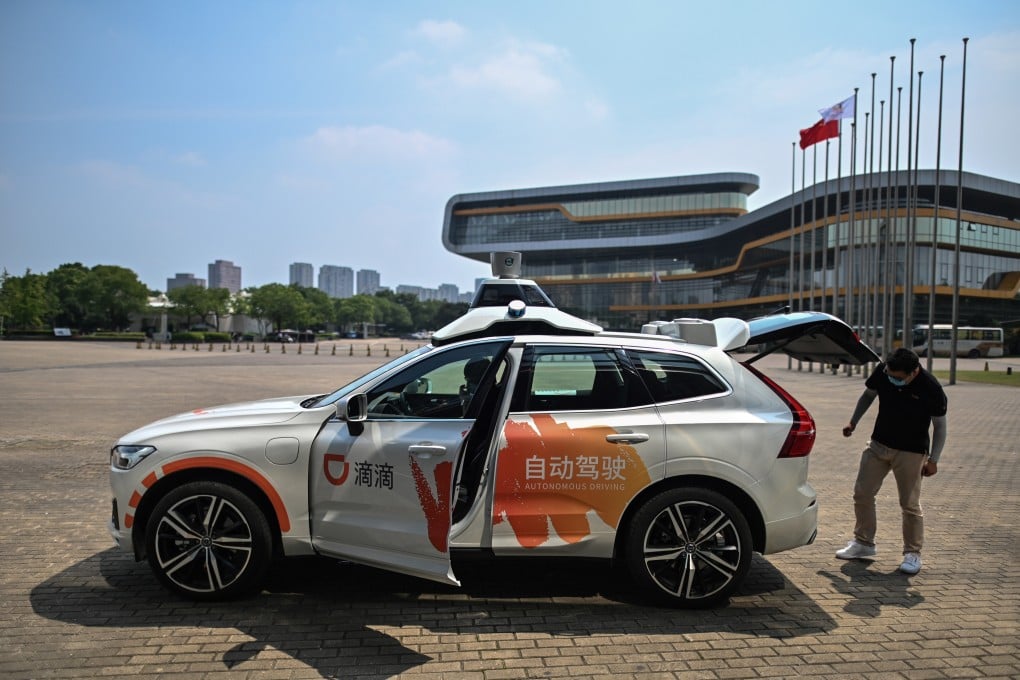China to allow driverless car tests on highways, putting it in the same lane as US, Germany and UK
- The draft, which is open to public feedback, is expected to be implemented soon if there are no strong objections from the general public
- MIIT says it is allowing driverless testing on highways because there is strong demand and the technology is improving

China has drafted new rules that legalise autonomous driving (AD) tests on highways, putting it in line with the US, Germany and the UK, as the country’s new vehicle makers and autonomous driving companies speed on towards a driverless future.
The Ministry of Industry and Information Technology’s (MIIT) new draft regulations allow for “road testing and example application of smart connected vehicles”, and highways are permitted as one of the scenarios to test driverless cars.
The draft, published this week and open to public feedback, is expected to be implemented soon if there are no strong objections. It marks a step forward for the industry as Beijing has been relatively cautious on tests of the new technology to date. For example, the BMW Group started testing autonomous vehicles on Germany’s highways in 2011.
Since 2018, China has allowed autonomous driving road tests – not on highways – handling a total distance of more than 2 million kilometres “without a severe accident”, the MIIT said. The new rules should also allow the domestic industry to catch up with some US states like California and Florida, and countries such as the UK.
MIIT said China is now allowing driverless testing on highways because “relevant enterprises and universities have developed intelligent connected vehicles that can run on expressways and there’s strong demand from the industry for conducting road tests in a broad range of scenarios”.
Smart internet-connected cars, known as intelligent connected vehicles (ICVs), are seen as the automobile industry’s future. Technology companies are currently working with carmakers to develop a range of advanced in-car sensors, controllers, and other devices that enable the exchange and sharing of information between vehicles and other transport elements, such as individuals and roads.